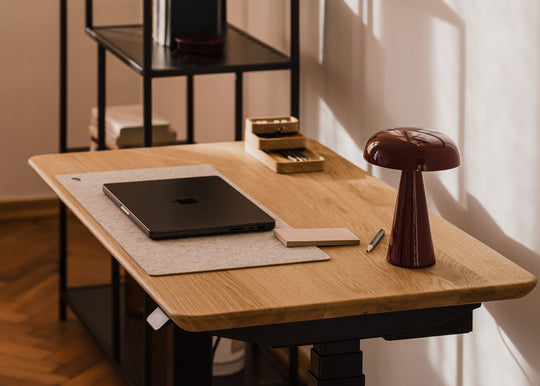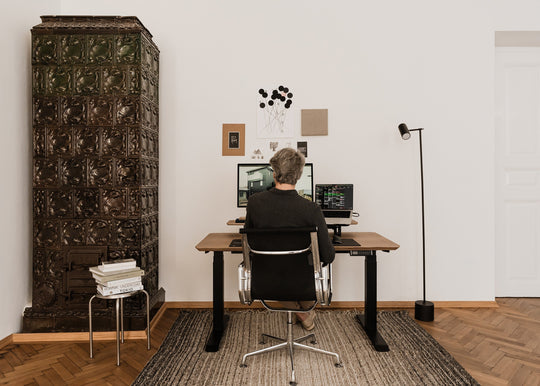
Post-vacation blues – how to return to work with no stress
Going back to work after a leisurely break is like going back to the future: at first it’s a shock, but ultimately it feels comforting to be in a familiar environment. Sometimes, however, returning to work seems daunting, like being banished from paradise right back to the bleak reality. What does it mean and how can it be managed? We asked our expert, Dr Konrad Kulikowski – psychologist and author of the Evidence-Based HR blog – for some tips on how to painlessly get back to work.

Photo by Elizeu Dias on Unsplash
We should begin by saying that if returning to work after vacation is painful, it could indicate that the organization of our work and private lives doesn’t provide us with proper regeneration. Regeneration cannot be limited to a yearly vacation. If we wait an entire year for a chance to finally get away from work, then something might be wrong with our job. Imagine what would happen if we charged our phone battery once a year.
Rest often
Yes, long vacations and a substantial time off from work are important – but they are not enough on their own. Even the best planned retreat and its benefits will quickly fade and, after a month, we won’t remember we were even on holiday. Psychologists suggest for regeneration to become frequent and cyclical – not a yearly but a weekly, and even daily practice we can start at work. The weekly cycle of charging our batteries refers to the weekend as the time of rest. We might not know the reasons for the week having 7 days, but what we know is that, in most cultures, one of those is a day of rest. Research shows that there is no substitute for a refreshing weekend, family gathering, physical activity, or interacting with nature. Our evening cycle pertains to the time we spend at home after work. We should incorporate relaxing experiences into that routine as well. Our work days should be planned in a way that factors in some downtime. A coffee break with a favorite colleague, a minute of rest between clients or patients, or trying something new at the canteen can all support our regeneration process.

Photo by freddie marriage on Unsplash
Back to reality
If we truly want a painless return to work, we should start thinking about improving the way we recharge while still on vacation. There is no way in which two or three weeks off per year can recharge our batteries. Regeneration is an ongoing process, the cycles of draining and charging our energy cannot happen once a year but must be repeated daily. If we manage to organize our regeneration routines, maybe next year we’ll be coming back from holiday feeling content, even happy. The key is planning and setting clear goals for regeneration. Remember that there are four cycles of relaxation after work: the vacation cycle (one or two times a year), week cycle, evening cycle, and workday cycle. We can think about the next six months and plan regenerative experiences: what we’ll be doing for the next few weekends, reserve one or two evenings for rest, and think about what we can change in our work organization to help promote regeneration.
Meanwhile, if the mere thought of coming back to work from vacation makes us wince in pain, we can either rip the Band-Aid off rapidly and cause a lot of pain. Or we can do it slowly, gradually, and well prepared – maybe, after coming back from holiday, we should spend a few days at home to process our return and mentally prepare for the work ahead.








